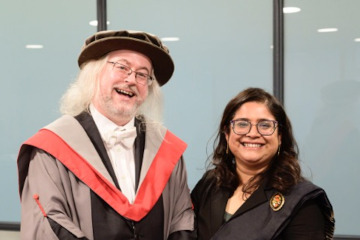The School of Computer Science is looking to recruit new academics
Closing Date: 10th February 2023 The School of Computer Science is looking to recruit new academics as part of a large on-going expansion of our academic staff and to support our evolving approach to digital teaching. We wish to appoint two new Lecturers (either Education track, or Education and Research track) to join our vibrant … The School of Computer Science is looking to recruit new academics
